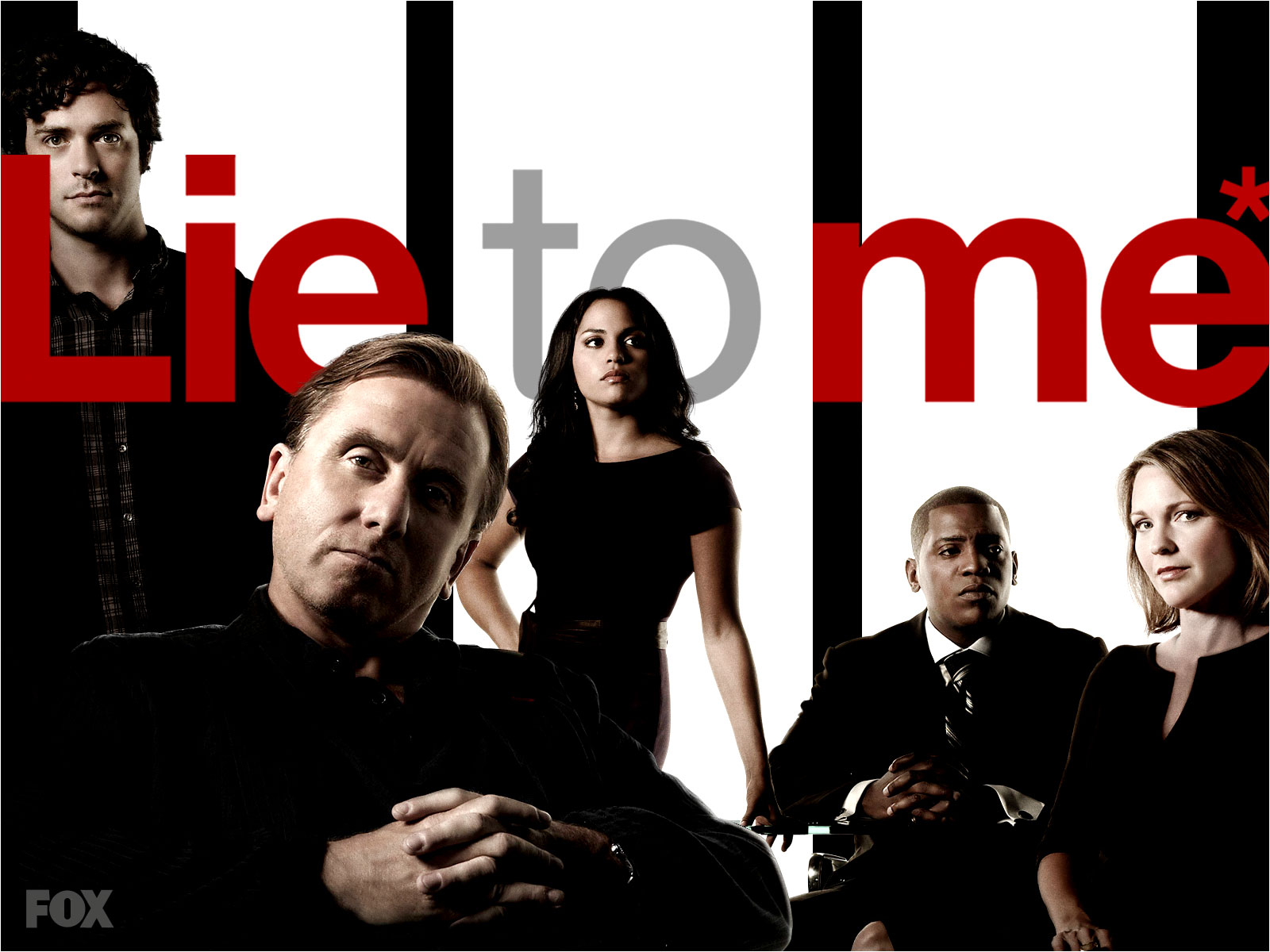|
|
 Sick bluffs or calls Sick bluffs or calls
 Originally Posted by IowaSkinsFan

Hey Zach, same Danny who wrote you the long email. BTW for anyone reading this thread I thought the book was totally awesome.
Any stories of reading physical tells allowed you to make a sick bluff or call? Also, any stories where you thought you were reading a physical tell and made a big call or bluff off of it where it was horribly wrong?
Yes, I definitely have some stories. I'm actually kind of sad I didn't write down more stories from when I played more frequently. One of my bigger regrets. Just recently I played in a $100 tourney where I called basically a triple-barrel shove for a large amount by a guy on the river with a pair of 6's, mainly based on his demeanor. He was the most aggressive player at the table and I'd been studying him the whole tournament, and I noticed he was much more still and avoided eye contact when he was bluffing. So after he makes his large bet, I watch him for a few seconds and see that he doesn't look at me at all, and is also much more still than he usually was when he had hands.
I have been in that situation a lot.
Not too long ago, I made a very bad move when I read a guy for weak based on a small smile he had, and I shoved all-in pre-flop for $1,600 after he made a $400 pf raise. He had AA. Like all of my worst reads, though, that one was based on me not observing him long enough. He had just sat down and I tried a "cold-read", which I don't recommend in my book. As it turned out, he was a player who smiled slightly every time he got involved in a pot, basically.
That drives home the point I make in the book, and which I almost always adhere to; not to try to read people without studying them for a little while first. Everyone is different.
|






 Reply With Quote
Reply With Quote




































